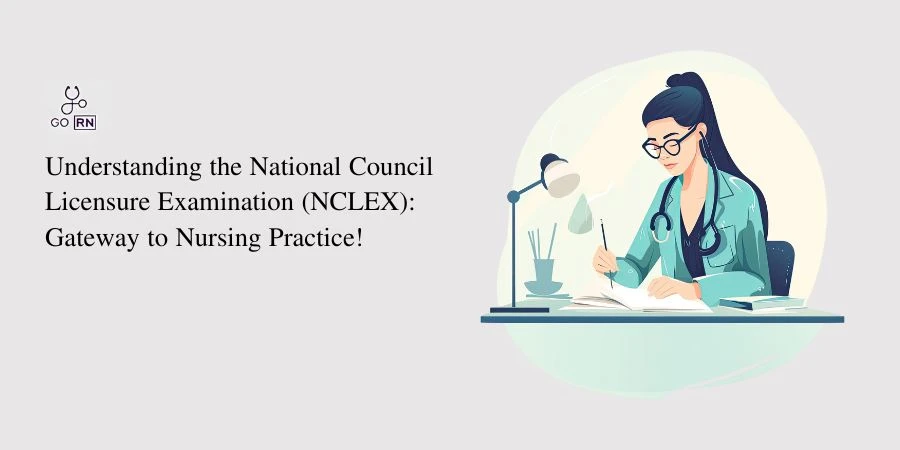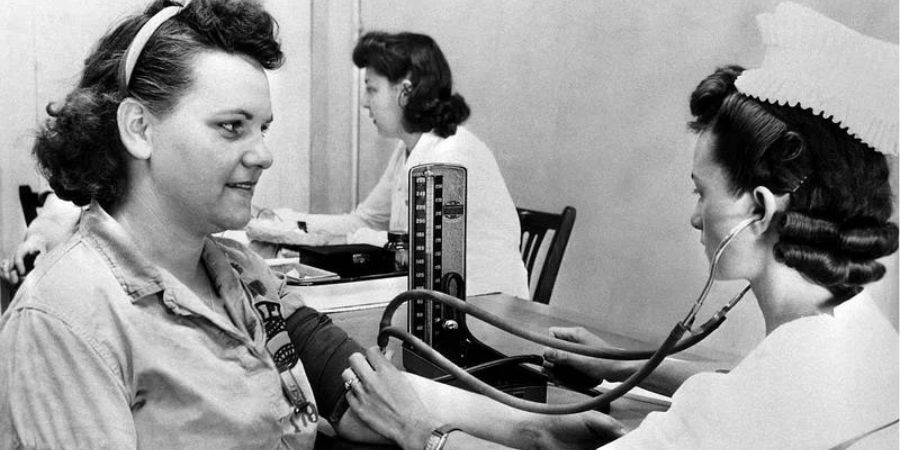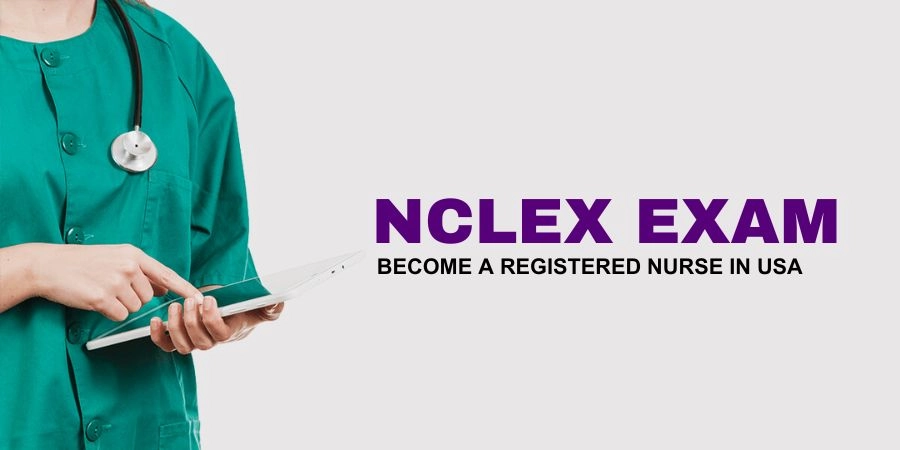Introduction
The National Council Licensure Examination (NCLEX) stands as a pivotal milestone in the journey of becoming a registered nurse (RN) in the United States and Canada.
It serves as the ultimate test of competency, ensuring that nurses possess the necessary knowledge and skills to provide safe and effective care to patients.
The significance of the NCLEX cannot be overstated, as it not only validates the educational preparation of nursing graduates but also safeguards the standards of nursing practice. In this article, we delve into the intricacies of the NCLEX, exploring its purpose, format, preparation, and significance in the realm of nursing.
Purpose of the NCLEX
The primary purpose of the NCLEX is to assess the competence of entry-level nurses to practice safely and effectively. It evaluates candidates’ ability to apply critical thinking skills and make sound clinical judgments in various healthcare settings.
By setting rigorous standards, the NCLEX ensures that only qualified individuals are granted licensure, thereby upholding the integrity and credibility of the nursing profession.
Moreover, the examination serves as a mechanism for protecting the public by promoting quality care and patient safety.
Format of the NCLEX
The NCLEX is a computer-adaptive test (CAT) administered by the National Council of State Boards of Nursing (NCSBN). It consists of multiple-choice questions (MCQs) with varying difficulty levels, tailored to each candidate’s performance.
The test adapts to the examinee’s responses, presenting questions of increasing complexity based on their previous answers. This adaptive nature allows for a more accurate assessment of the individual’s proficiency level.
The examination is divided into two main categories: the NCLEX-RN for registered nurses and the NCLEX-PN for licensed practical/vocational nurses.
Both versions assess the same fundamental areas of nursing practice, including safe and effective care environment, health promotion and maintenance, psychosocial integrity, and physiological integrity.
However, the NCLEX-RN encompasses a broader scope of practice, reflecting the advanced responsibilities of registered nurses.
 Preparation for the NCLEX
Preparation for the NCLEX
Preparation for the NCLEX is a rigorous process that requires dedication, diligence, and strategic planning. Nursing graduates typically undergo comprehensive review courses, either through formal education programs or self-study resources. These courses cover essential topics, test-taking strategies, and practice questions designed to simulate the actual examination experience.
In addition to review courses, candidates often utilize various study aids such as textbooks, flashcards, and online resources to reinforce their understanding of key concepts. Practice exams and mock tests are particularly beneficial in familiarizing students with the format and timing of the NCLEX, allowing them to gauge their readiness and identify areas for improvement.
Furthermore, many aspiring nurses participate in NCLEX prep classes or study groups, where they can collaborate with peers, share study tips, and seek guidance from experienced instructors. Peer support and mentorship play a crucial role in boosting confidence and motivation during the preparation process.
Significance of the NCLEX
The significance of the NCLEX extends beyond its role as a licensure examination; it serves as a rite of passage for aspiring nurses, marking the transition from student to professional practitioner.
Successful completion of the NCLEX represents the culmination of years of academic study, clinical training, and personal dedication. It symbolizes the entrustment of individuals to fulfill the responsibilities of a registered nurse and make meaningful contributions to the healthcare team.
Moreover, the NCLEX serves as a benchmark for nursing education programs, informing curriculum development and accreditation standards. By aligning educational outcomes with the content and objectives of the examination, institutions can better prepare their students for success on the NCLEX and in their future careers.
Furthermore, the NCLEX results provide valuable data for evaluating the effectiveness of nursing education and identifying areas for improvement.
Conclusion
The National Council Licensure Examination (NCLEX) represents more than just a test; it embodies the culmination of countless hours of study, practice, and dedication on the part of nursing graduates.
As aspiring nurses embark on their journey to become licensed practitioners, the NCLEX serves as the ultimate proving ground, where their knowledge, skills, and clinical judgment are put to the test. Beyond its role as a licensure examination, the NCLEX holds profound significance for both individuals and the nursing profession as a whole.
For the individual nurse, success on the NCLEX marks a significant milestone in their professional journey. It signifies the attainment of licensure and the fulfillment of the educational requirements necessary to practice as a registered nurse.
Moreover, it instills a sense of confidence and competence, validating the individual’s ability to provide safe, competent, and compassionate care to patients. With the NCLEX serving as a gateway to nursing practice, successful candidates embark on a career path filled with opportunities for growth, development, and impact within the healthcare community.
Furthermore, the NCLEX plays a crucial role in upholding the standards of nursing practice and safeguarding patient safety. By rigorously assessing the competencies of entry-level nurses, the examination ensures that only those who meet established criteria are granted licensure.
This serves to protect the public from unqualified practitioners and maintain the integrity and credibility of the nursing profession. Additionally, the NCLEX serves as a catalyst for continuous improvement within nursing education programs, informing curriculum development, accreditation standards, and faculty training initiatives.
By aligning educational outcomes with the content and objectives of the examination, institutions can better prepare their students for success on the NCLEX and in their future careers.
The National Council Licensure Examination (NCLEX) stands as a defining moment in the journey of becoming a registered nurse. It symbolizes the culmination of years of hard work, dedication, and sacrifice on the part of nursing graduates.
Success on the NCLEX opens the door to a rewarding career characterized by compassion, competence, and commitment to excellence in patient care.
As aspiring nurses prepare for this pivotal examination, they must approach it with diligence, determination, and a steadfast commitment to upholding the highest standards of professional practice. With the NCLEX as their guide, nurses embark on a journey filled with endless possibilities to make a meaningful difference in the lives of those they serve.





